H.R. 1788: Fair Grocery Pricing Act
The Fair Grocery Pricing Act aims to prohibit food producers from using algorithmic systems in ways that could lead to artificially high prices or reduced supply of food products. Here’s a breakdown of its main components:
Objectives
- The Act is designed to prevent food producers from engaging in practices that manipulate food prices or availability.
- It specifically targets the misuse of technology and data analytics in pricing strategies.
Key Definitions
- Food Producer: This refers to individuals or entities involved in the manufacturing, processing, or production of food for commercial use.
- Coordinator: A person or entity that operates software or services that help food producers coordinate their pricing or supply strategies.
- Consciously Parallel Pricing Coordination: An informal agreement among food producers to manipulate pricing or supply levels.
Prohibited Conduct
- Food producers cannot engage in contracts or agreements that involve using a coordinator to collectively manipulate prices or supply levels.
- Coordinators are prohibited from facilitating pricing agreements that restrict competition among food producers.
Enforcement Mechanisms
- The Federal Trade Commission (FTC) is responsible for enforcing this Act, utilizing the same powers as those granted under existing competition laws.
- State Attorneys General also have the authority to enforce the Act, ensuring that violations are addressed at both federal and state levels.
Civil Actions
- Individuals who believe they have been harmed by violations of this Act can bring civil lawsuits against violators in federal court.
- The potential damages awarded can be three times the amount of actual damages suffered, along with coverage for legal costs.
- Pre-dispute arbitration agreements that limit a harmed person’s ability to file a lawsuit can be declared invalid under this Act.
Relationship to Existing Laws
- The Act does not alter or replace existing federal or state antitrust laws; it works alongside them.
- It also does not preempt local laws that may further strengthen or add to the protections provided by this Act.
Severability Clause
If any part of this Act is found unconstitutional, the remaining parts will still remain in effect.
Relevant Companies
- PFGC (Performance Food Group Company): As a food producer and distributor, changes in pricing strategies due to the bill may affect their business operations and pricing model.
- USFD (US Foods Holding Corp.): This company may face new compliance requirements regarding pricing practices that could impact its competitive strategies.
- WMK (Weis Markets, Inc.): As a grocery retailer, Weis Markets might need to adapt its pricing mechanisms in response to the bill's provisions.
This is an AI-generated summary of the bill text. There may be mistakes.
Sponsors
16 bill sponsors
-
TrackMaxwell Frost

Sponsor
-
TrackAndré Carson

Co-Sponsor
-
TrackGreg Casar
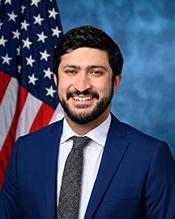
Co-Sponsor
-
TrackSheila Cherfilus-McCormick

Co-Sponsor
-
TrackSteve Cohen

Co-Sponsor
-
TrackCleo Fields

Co-Sponsor
-
TrackJahana Hayes

Co-Sponsor
-
TrackJames P. McGovern

Co-Sponsor
-
TrackSeth Moulton
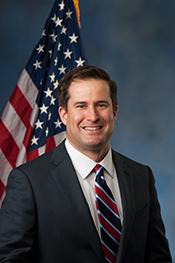
Co-Sponsor
-
TrackEleanor Holmes Norton

Co-Sponsor
-
TrackJohnny Olszewski
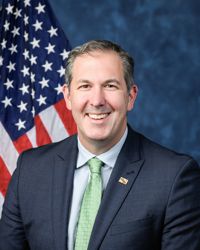
Co-Sponsor
-
TrackMark Pocan
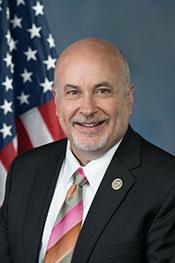
Co-Sponsor
-
TrackRashida Tlaib
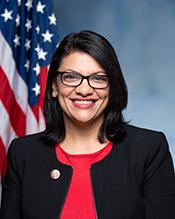
Co-Sponsor
-
TrackLauren Underwood

Co-Sponsor
-
TrackDebbie Wasserman Schultz
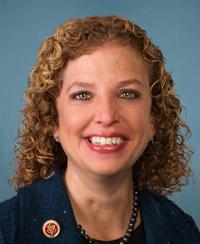
Co-Sponsor
-
TrackMaxine Waters

Co-Sponsor
Actions
2 actions
| Date | Action |
|---|---|
| Mar. 03, 2025 | Introduced in House |
| Mar. 03, 2025 | Referred to the House Committee on the Judiciary. |
Corporate Lobbying
0 companies lobbying
None found.
* Note that there can be significant delays in lobbying disclosures, and our data may be incomplete.



